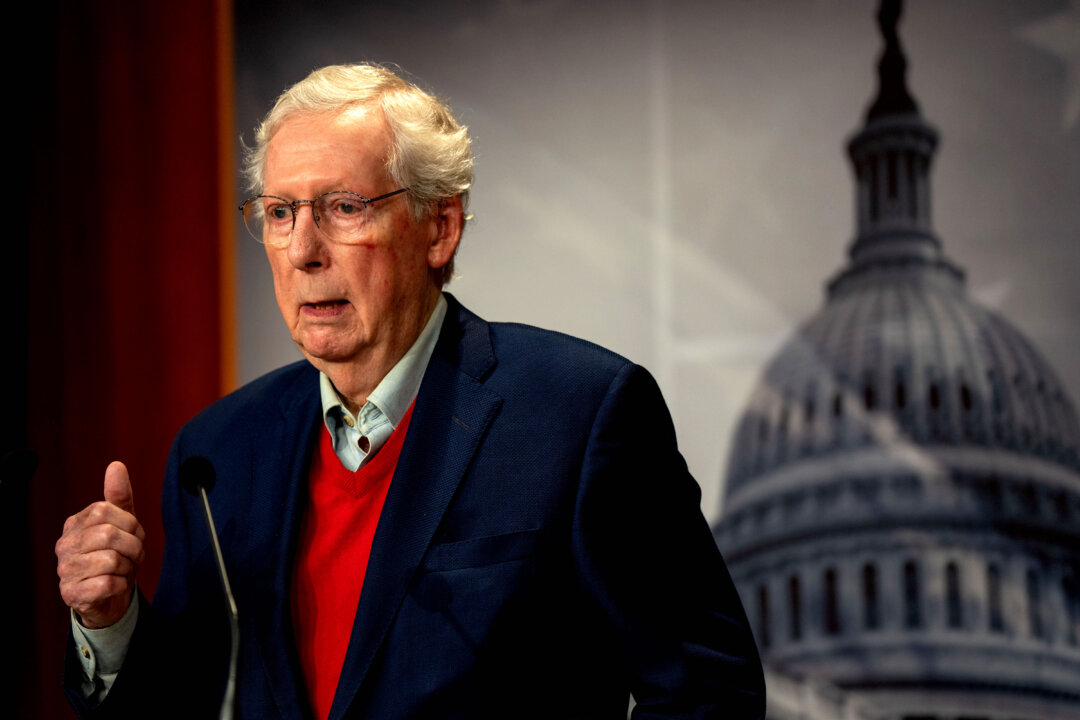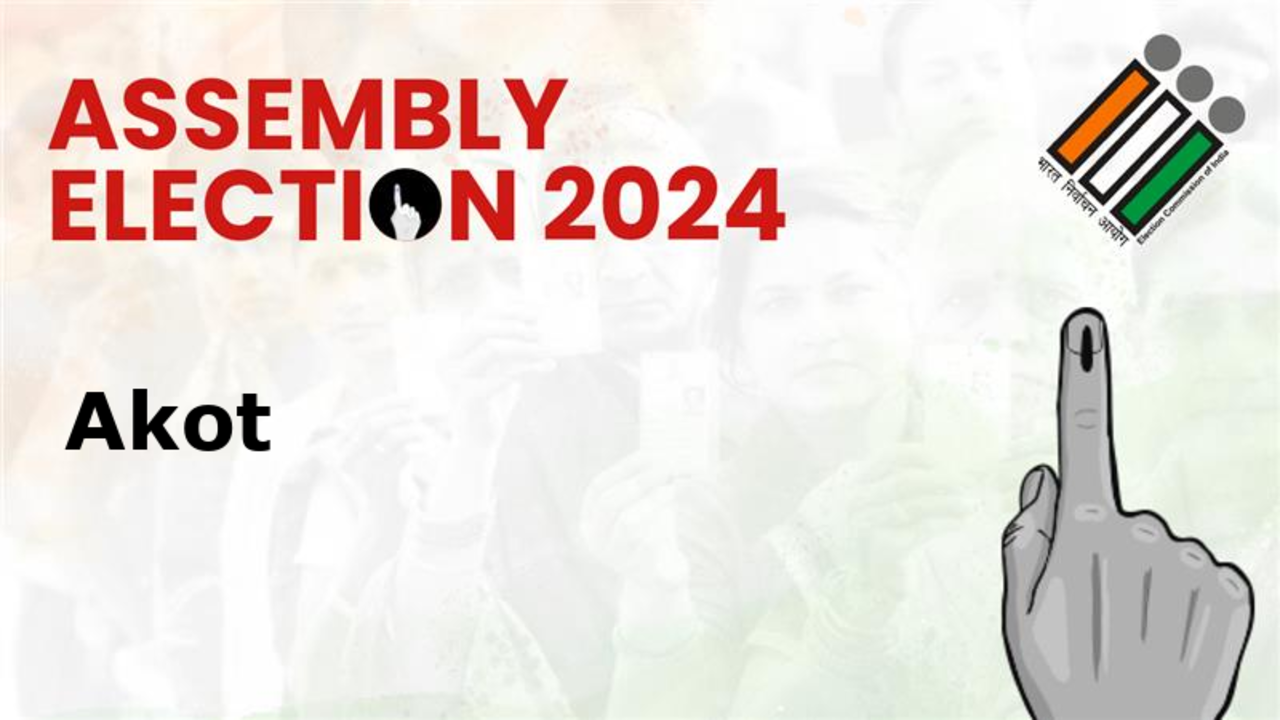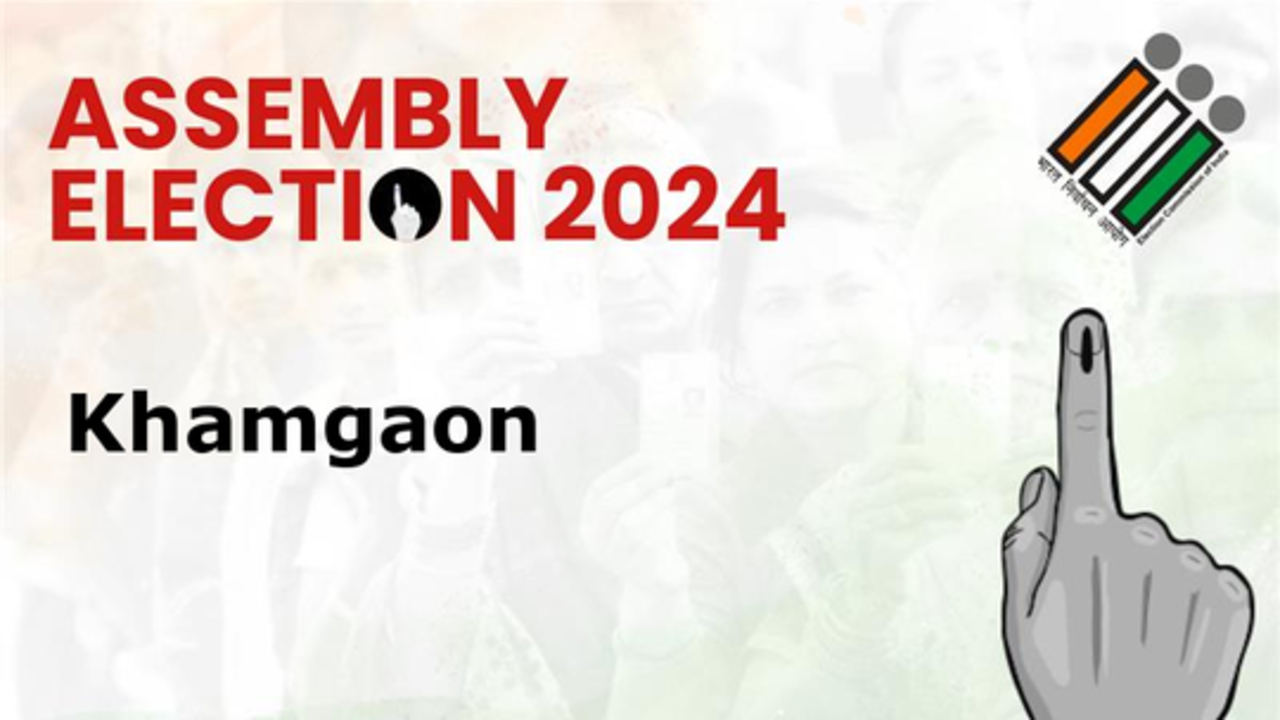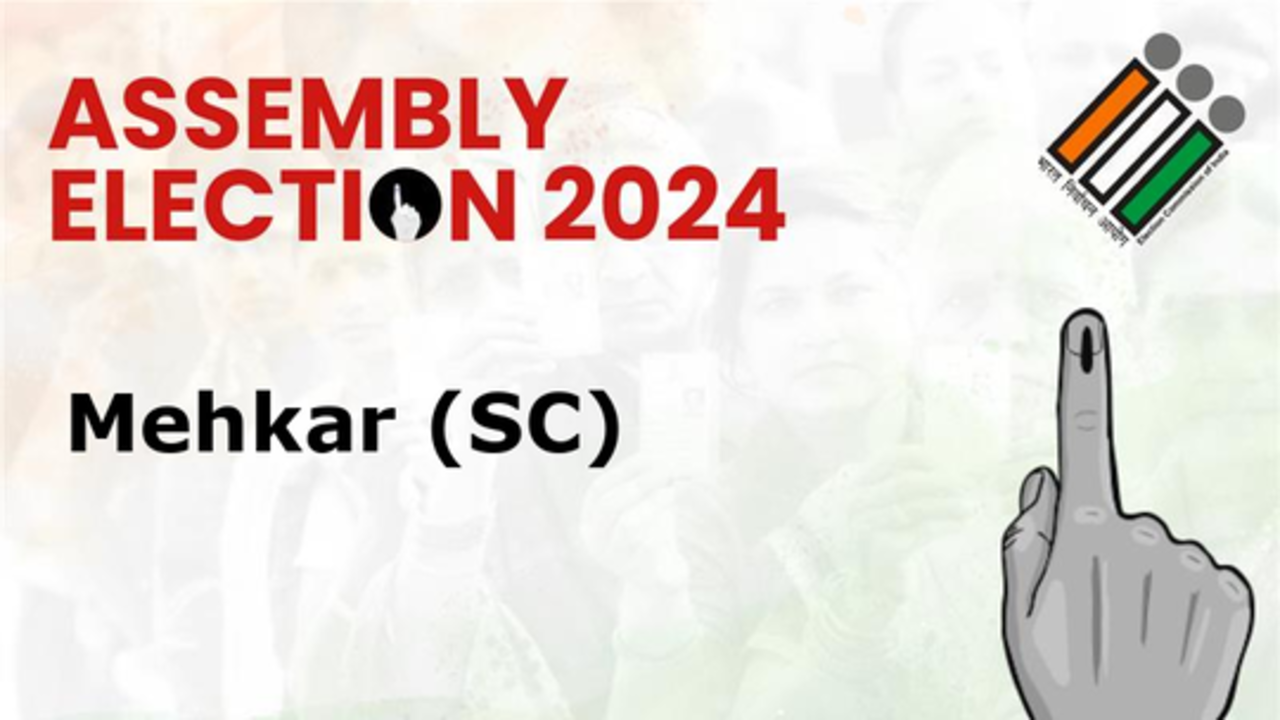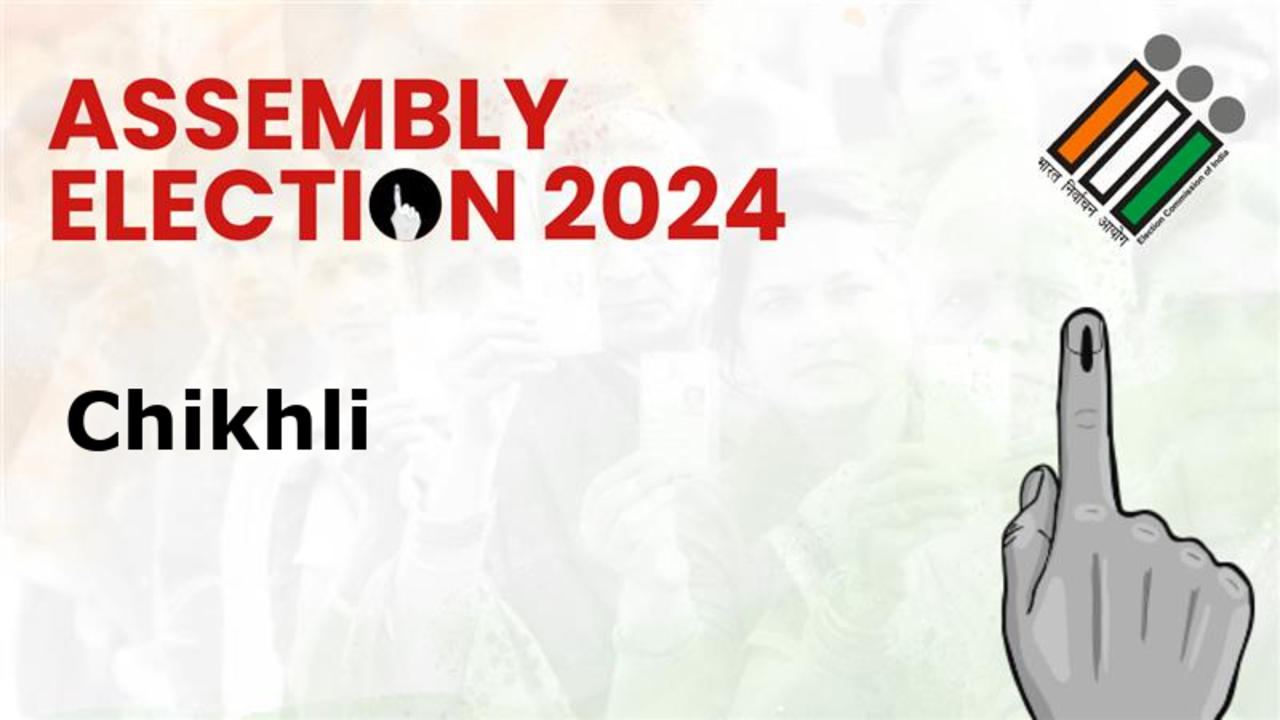
As Canadians continue to digest the results of last week’s U.S. presidential election, a number of disturbing signs point toward the likelihood of a far more turbulent relationship between Canada and the United States on the horizon.
Read this article for free: Already have an account? As we navigate through unprecedented times, our journalists are working harder than ever to bring you the latest local updates to keep you safe and informed. Now, more than ever, we need your support. Starting at $14.
99 plus taxes every four weeks you can access your Brandon Sun online and full access to all content as it appears on our website. or call circulation directly at (204) 727-0527. Your pledge helps to ensure we provide the news that matters most to your community! As Canadians continue to digest the results of last week’s U.
S. presidential election, a number of disturbing signs point toward the likelihood of a far more turbulent relationship between Canada and the United States on the horizon. Read unlimited articles for free today: Already have an account? Opinion As Canadians continue to digest the results of last week’s U.
S. presidential election, a number of disturbing signs point toward the likelihood of a far more turbulent relationship between Canada and the United States on the horizon. During his first term as U.
S. president, Donald Trump was often deeply critical and disparaging of Prime Minister Justin Trudeau. In 2019, for example, he said this about the PM: “He’s two-faced .
.. I called him out on the fact that he’s not paying two per cent and I guess he’s not very happy about it.
” Former U.S. national security adviser John Bolton claims in his recent book that Trump described Trudeau in 2020 as a “‘behind-your-back’ guy.
” A few weeks ago, Trump was also alleged to have even questioned whether former prime minister Pierre Trudeau was Trudeau’s biological father. The distrust and disrespect with which Trump regards Trudeau also reportedly extends to a number of influential Trump advisers. Stephen Miller, Trump’s incoming deputy chief of staff, has called Canada “increasingly authoritarian and despotic,” and has described the PM as “far-left Trudeau.
” Mike Waltz, chosen by Trump to serve as national security adviser, has been repeatedly critical of Trudeau on social media, particularly in the context of Canada’s handling of China issues. He recently posted on social media that Conservative Leader Pierre Poilievre is poised to “send Trudeau packing in 2025” and “start digging Canada out of the progressive mess it’s in.” Similar comments have been made by Mike Huckabee, the next U.
S. ambassador to Israel, and by Trump’s “government efficiency” appointee, Elon Musk. Canadians have ample reason for concern about an anti-Canada bias in the Trump White House, but they should be even more troubled by several policies that Trump and his appointees are proposing, and the impact those policies could have on Canadians.
At the top of that list is Trump’s campaign commitment to impose a 10 per cent tariff on U.S. imports.
The Canadian Chamber of Commerce estimates that such a move would likely cost Canada’s economy $30 billion annually. Such a loss would cause massive job losses across the country. It would also likely cause many Canadian manufacturers and exporters to move their operations across the border in order to avoid tariffs and the threat of other potential “America first” economic policies.
Beyond that, Trump and his advisers have expressed concern about the safety and security of the Canada-U.S. border.
Days ago, Trump’s incoming border czar, Tom Homan, told the media that “There has to be an understanding from Canada that they can’t be a gateway to terrorists coming into the United States.” Similar comments have also been made by Marco Rubio, Trump’s pick for U.S.
secretary of state, and by Elise Stefanik, who has been chosen by Trump to serve as U.S. ambassador to the United Nations.
Those are serious accusations, but the reality is that Canadians have an even greater reason to ensure that the Canada-U.S. border is tightened.
That’s because there are legitimate fears that Trump’s plan to deport millions of illegal immigrants currently living in the U.S. will result in a mass exodus across the Canadian border, exacerbating many of the problems we have experienced due to excessive immigration levels over the past few years.
Earlier this week, Trump’s former ambassador to Canada, Kelly Craft, told the media that “Where do you think the illegal immigrants are going to flee to when our southern border is shut down? The northern border. Canada needs to be prepared.” Canada does indeed need to be prepared, but not for just a higher volume of illegal border crossings.
Rather, we must be prepared for the consequences of a host of potentially harmful policies and actions by an American administration that appears fully prepared to treat even its most trusted allies and trading partners in a vindictive, thuggish manner. Beyond that, Canadians — and our political and business leaders in particular — must recognize that our close, integrated economic relationship with the United States has served our mutual interests in good times, but that the closeness of that relationship puts us in an extremely vulnerable position when one side is not acting in a rational, trustworthy manner. That reality requires that we hope for the best, but prepare for something worse.
It dictates that we work to build stronger economic, cultural and military ties with other jurisdictions around the world. Given the current circumstances, it is the prudent course of action for our leaders to pursue. In fact, it would be negligent for them to not do so.
Advertisement Advertisement.








